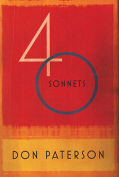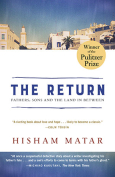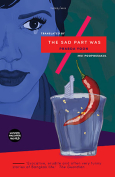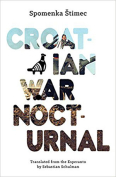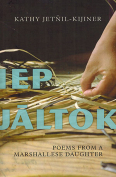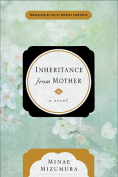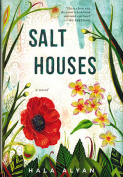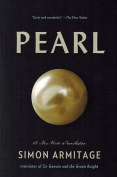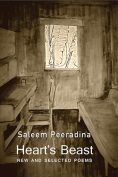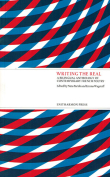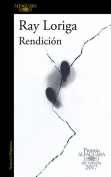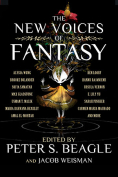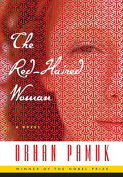Salt Houses by Hala Alyan
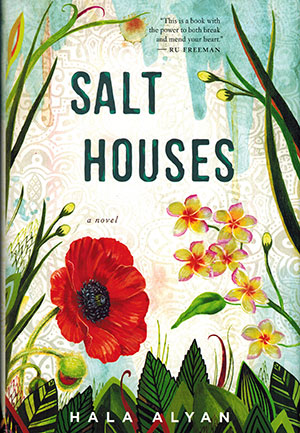 Boston. Houghton Mifflin Harcourt. 2017. 312 pages.
Boston. Houghton Mifflin Harcourt. 2017. 312 pages.
For a debut novel, Salt Houses is a sophisticated one with an interesting plot and well-developed characters. It deals with one of the world’s most complicated and continuing problems, namely, that of the Palestinians suffering from the loss of most of their country to Israel and attempting, as refugees, to reconstitute their lives elsewhere. It is written in a lyrical style by an award-winning author of three poetry collections, Hala Alyan, a teacher at New York University and a practicing clinical psychologist. Dr. Alyan is also an impressive performer with several talks and appearances to her credit.
Salt Houses tells the story of four generations of a Palestinian family, the Yacoubs, who originally lived in a villa in Jaffa on the Mediterranean seashore until the 1967 Six-Day War forced them inland to Nablus as refugees. When in 1963 mother Salma reads the future in the dregs of her daughter, Alia’s, coffee cup on the eve of the latter’s wedding, she sees her forthcoming uprooted life and her children’s; she does not tell her of that, but it comes to pass in the 1967 war.
Alia and her husband, Atef, who moved to Kuwait and had three children, are uprooted in 1990 when Saddam Hussein invades. They lose their home—again—and scatter to Boston, Paris, and Beirut, where they and the grown-up married children start new lives in foreign cities, mostly apart from one another, with painful problems of assimilation, though with some occasions of better opportunity.
In this novel, Hala Alyan has effectively portrayed half a century of the Palestinian diaspora with much of its agony and human suffering that daily newspapers do not narrate when reporting on current events related to the Palestine-Israel conflict. Her novel should be read by all those who, with a sense of responsibility, need to know real people’s feelings and predicaments.
Issa J. Boullata
McGill University

